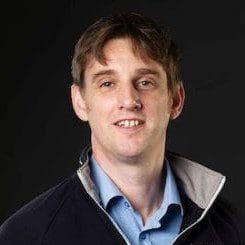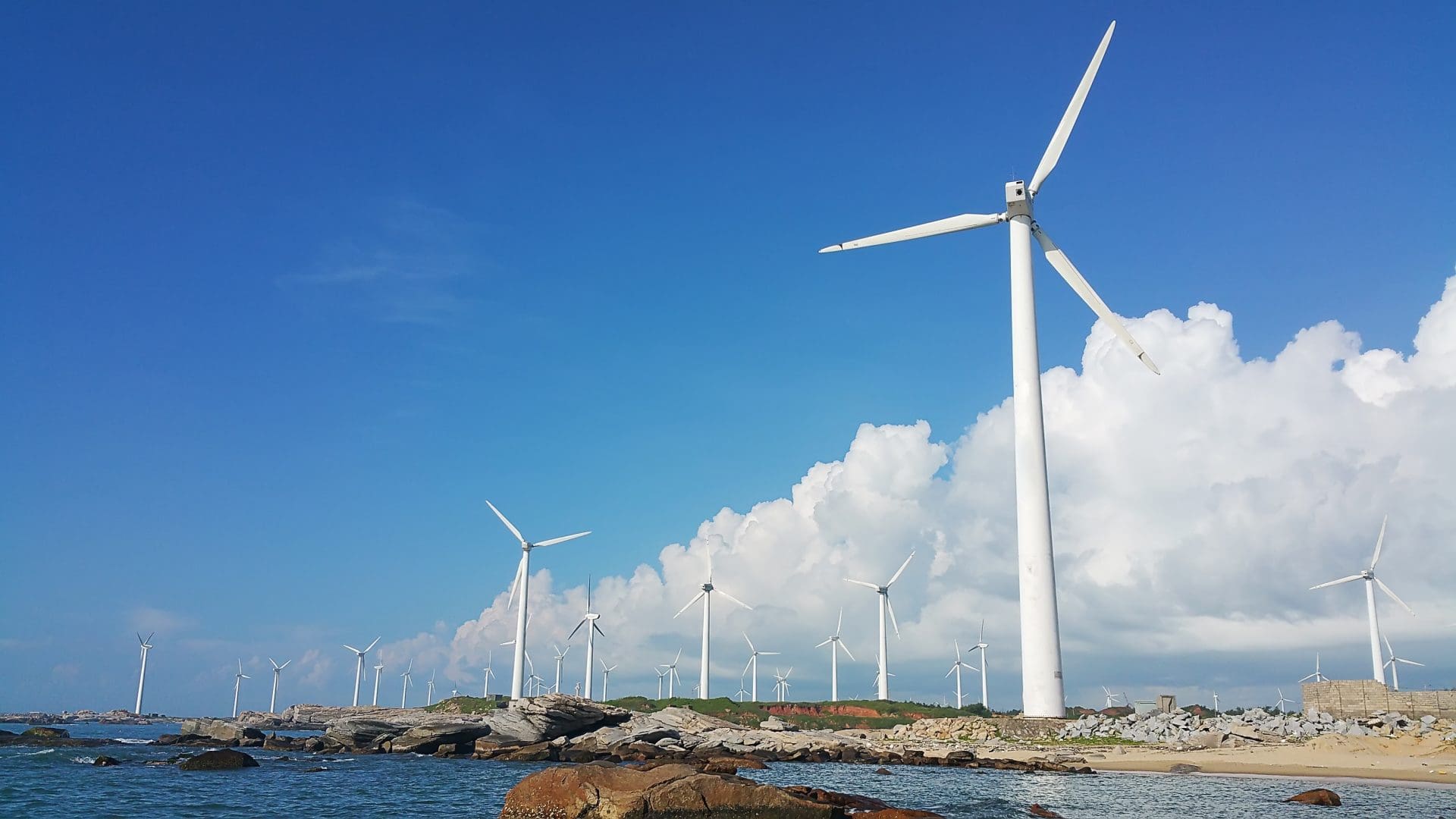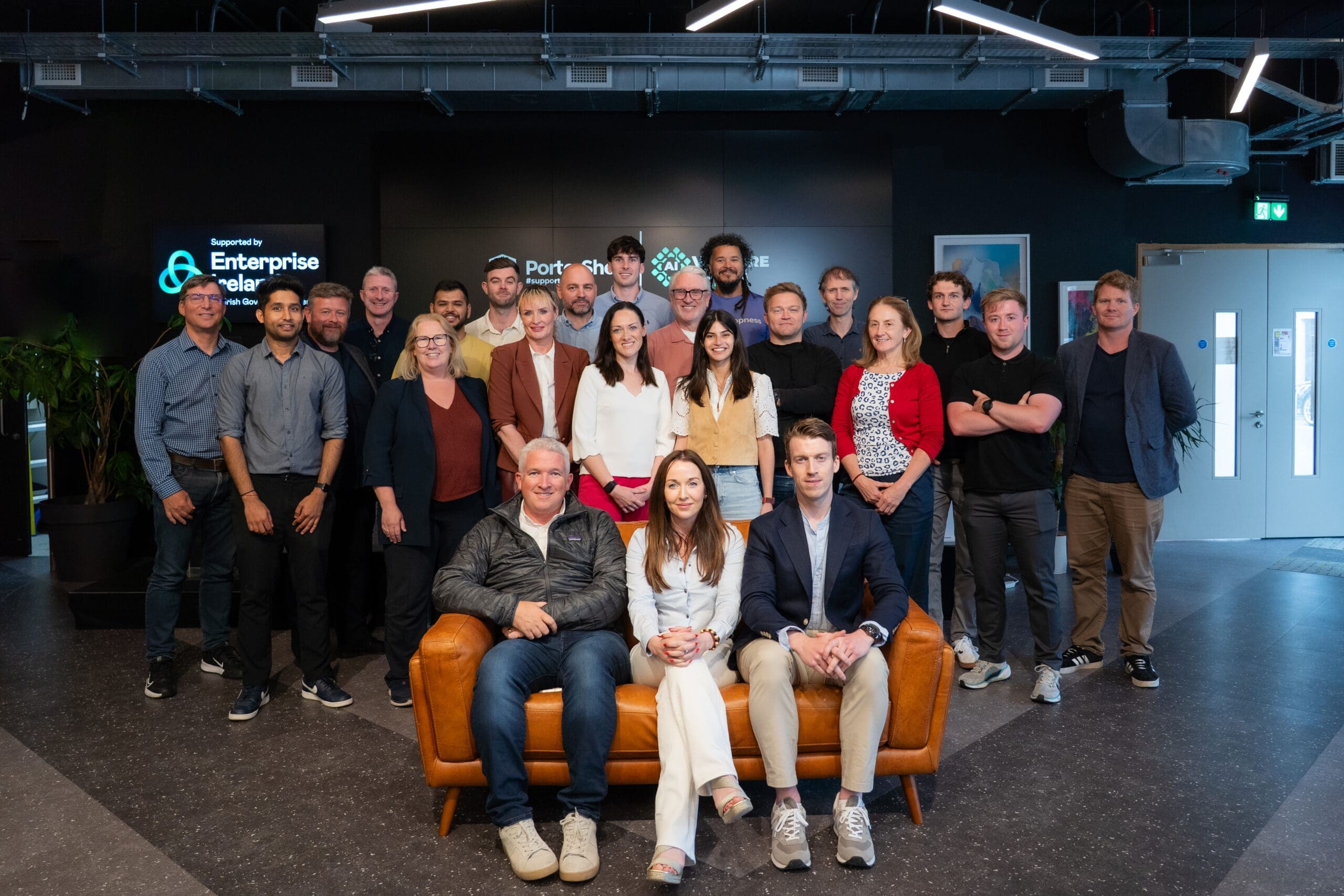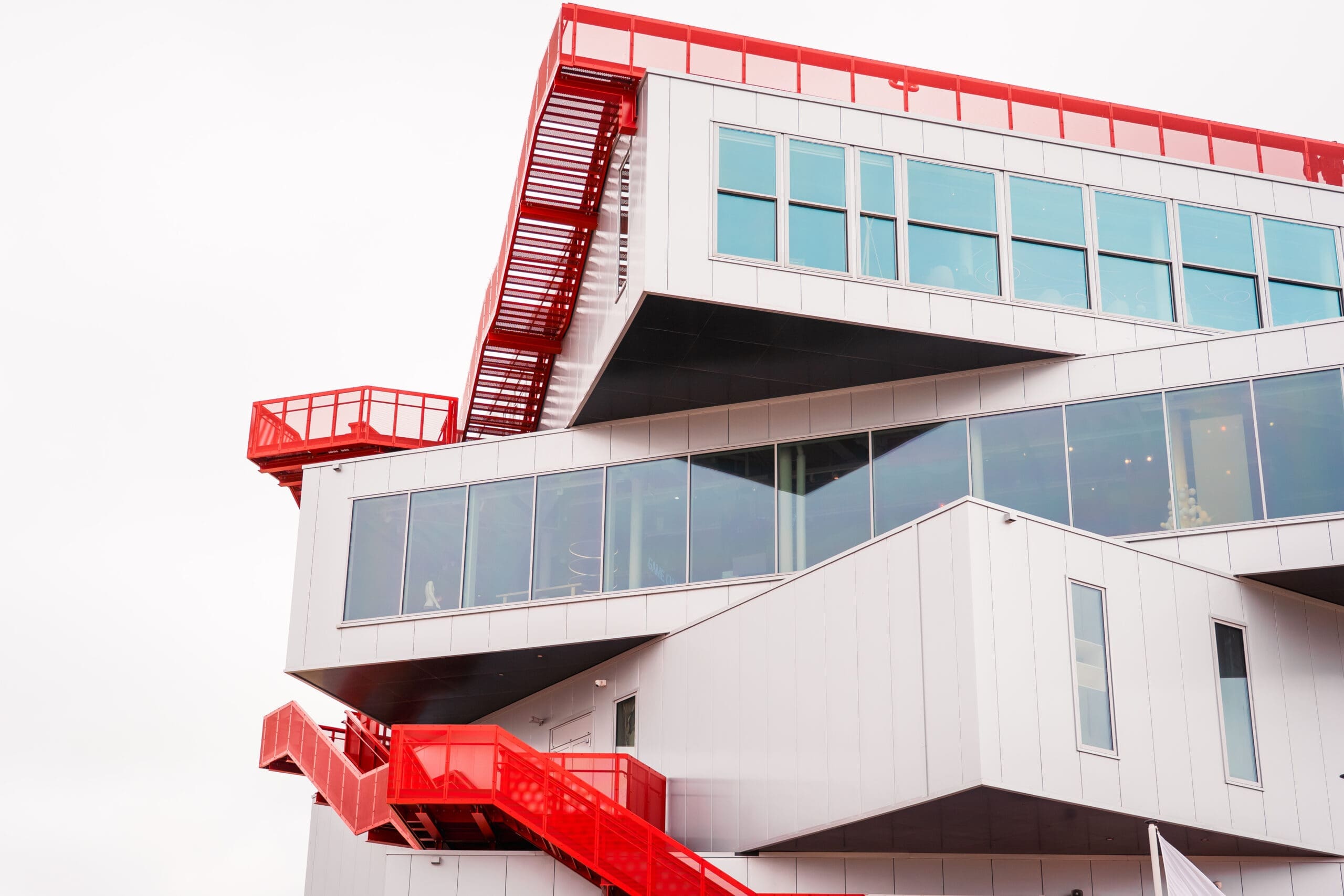Geomara is a West of Ireland subsea survey provider that operates extensively in the wind energy market in the UK. Industry experts for over 15 years, for the past 10 years, they have been working on condition surveys across places like Robin Rigg, Scroby Sands, Humber Gateway, and in Brighton also.
Essentially what this means is that they are able to collect important data for clients using specialized equipment, thus allowing clients to make better, informed decisions on next steps to take across an array of offshore and nearshore environments.
Robin Rigg is one of the oldest offshore wind farms in the UK, and it is one of the places that Geomara has spent a considerable length of time working. Originally, the wind turbines it was home to were placed on shallower waters, because they were easier to build there. However, this has led to obstacles over the years as the sandbank has moved with time – and is continuing to move. In the case of Robin Rigg, one of the wind turbines had to ultimately be taken down a few years ago such was the considerable shift of sand.
To counteract this, Geomara has been able to measure the scour around the several dozen wind turbines using multibeam echo sounders to understand and monitor the progress of the sand shift and fluctuation.
Because these multibeam echo sounders are high-end pieces of technological machinery, the information they collect requires quite an enormous amount of data to be processed.
The data collected using this advanced – and continually improving – technology has increased over time, and the duration it has taken to process this data often takes a considerable length of time when one doesn’t have a fast and reliable broadband connection to transmit it.
Geomara is currently based in the West of Ireland, with offices in the PorterShed at Bowling Green. With data being collected in the UK and sent back to Ireland, this had traditionally been a bit of a pain point for their operational efficiency. It would often take a lot of time to send data across. In spite of using secure cloud-based solutions like Amazon Web Services to store the data, Geomara discovered that one of the main improvements they sought to secure was a super-fast broadband connection.

“We work up at Robin Rigg every year to get data back to people who need to process it,” Finn Delaney, Managing Director at Geomara, explained.
“So, there’s a lot of data moving around the place – and actually that small little gap from the UK to Ireland creates a few difficulties. Sending by post, thumb drives, etc, doesn’t work, especially so since Brexit because all of those things take longer and are more costly.
“In the original PorterShed, it wasn’t as easy to do the downloads at the scale we wanted to do them from Robin Rigg for our guys to get it.
“So, we were fighting and fighting with a solution,” Finn said.
And so in stepped SIRO and Vodafone to help alleviate the issue and remove some of the hassle.
“The upgrade that SIRO gave to the PorterShed at Bowling Green made that process seamless. It meant that Keith, our surveyor, could upload the data in the evening and Camile could come in during the morning and just download the data in 10 minutes – compared to what would have taken all evening previously.”
This is all because earlier in 2022, the PorterShed became the 17th hub to join the SIRO-Vodafone Gigabit Hub Initiative, meaning that PorterShed members would be able to enjoy Gigabit fibre-speed broadband connections. A real boost for many, it remains one of the key reasons so many people around the city are opting to use Bowling Green’s spaces. Indeed, SIRO has recently boosted its network to provide 10Gb fibre broadband connectivity for enterprises across the country, and Galway was chosen as the first SIRO-backed 10Gb Irish city a few weeks ago.
Not only has the SIRO/Vodafone partnership made the day-to-day operations of everyday hub users – like those at the PorterShed – significantly more straightforward and productive, but for a company like Geomara, where data means pretty much everything, this was a game-changer in a whole new way.
“It revolutionized what we did,” Finn says.
“It meant that by the time we had finished on the boats at Robin Rigg – finished the acquisition and campaign – we had the processing all done within two weeks, and we had the reporting all done within a month, which was fantastic for our client, and it was fantastic for us because it upped the speed of our payments, our invoicing, and getting money in.
“It made everything easier, it made the workflow so much more useful to us than it was before.”
Geomara continues to use the same process where they are currently based in Brighton, and that means they can retain their new-found efficiency and consistency, which simply makes everyone’s jobs easier – in spite of the fact that they have to do battle with the tempestuous nature of the sea on a daily basis.
By Trevor Murray

Content Marketing Specialist at the PorterShed
Email: trevor@portershed.com | LinkedIn | Twitter


